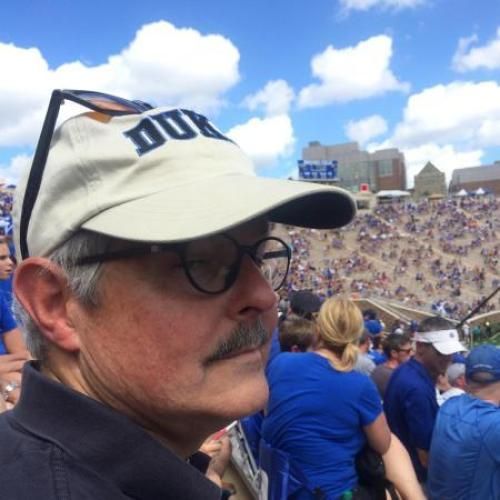
BCR and Endosomal TLR Signals Synergize to Increase AID Expression and Establish Central B Cell Tolerance.
Activation-induced cytidine deaminase (AID) is required to purge autoreactive immature and transitional-1 (immature/T1) B cells at the first tolerance checkpoint, but how AID selectively removes self-reactive B cells is unclear. We now show that B cell antigen receptor (BCR) and endosomal Toll-like receptor (TLR) signals synergize to elicit high levels of AID expression in immature/T1 B cells. This synergy is restricted to ligands for endocytic TLR and requires phospholipase-D activation, endosomal acidification, and MyD88. The first checkpoint is significantly impaired in AID- or MyD88-deficient mice and in mice doubly heterozygous for AID and MyD88, suggesting interaction of these factors in central B cell tolerance. Moreover, administration of chloroquine, an inhibitor of endosomal acidification, results in a failure to remove autoreactive immature/T1 B cells in mice. We propose that a BCR/TLR pathway coordinately establishes central tolerance by hyper-activating AID in immature/T1 B cells that bind ligands for endosomal TLRs.
Duke Scholars
Published In
DOI
EISSN
Publication Date
Volume
Issue
Start / End Page
Location
Related Subject Headings
- Toll-Like Receptors
- Signal Transduction
- Receptors, Antigen, B-Cell
- Precursor Cells, B-Lymphoid
- Phospholipase D
- Myeloid Differentiation Factor 88
- Mice, Inbred C57BL
- Mice
- Lymphocyte Activation
- Ligands
Citation

Published In
DOI
EISSN
Publication Date
Volume
Issue
Start / End Page
Location
Related Subject Headings
- Toll-Like Receptors
- Signal Transduction
- Receptors, Antigen, B-Cell
- Precursor Cells, B-Lymphoid
- Phospholipase D
- Myeloid Differentiation Factor 88
- Mice, Inbred C57BL
- Mice
- Lymphocyte Activation
- Ligands


